Yellowtail production facility aims for 8,500-ton annual production capacity
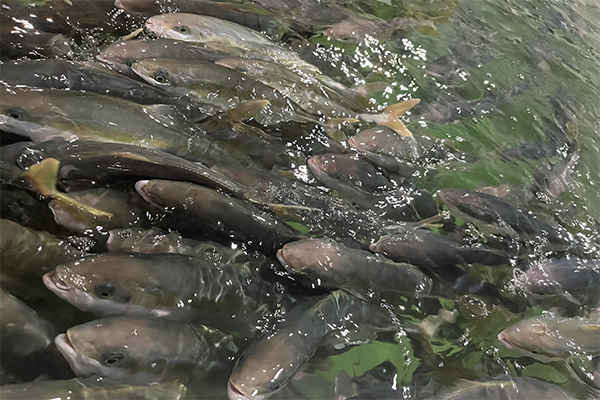
The Kingfish Company announced on Monday that the town of Jonesport, Maine, approved its building permit application for a land-based recirculation aquaculture system (RAS) production facility.
With the Kingfish Maine project fully permitted by state and federal regulatory agencies, the local building permit was the final step required for the Netherlands-based company to begin pre-construction design and engineering on its new facility in the United States.
The town of Jonesport is now drafting its findings of fact and the planning board is expected to formally adopt and sign the building permit in early November.
Kingfish Maine is a wholly-owned subsidiary of The Kingfish Company and will deploy the same advanced technology and operations as in the Netherlands. Once the Jonesport facility is fully operational, Kingfish Maine will be the largest producer of yellowtail kingfish in the country.
“With the final approval of our Jonesport building permit, we look forward to replicating our EU success in the U.S. with local production of high-value yellowtail,” said Ohad Maiman, founder and CEO of The Kingfish Company. “The Jonesport community has supported our project from day one and our commitment to the town has never wavered. We value our continuing partnership with the town as we build out our sustainable land-based technology in the U.S.”
The keys to making land-based and offshore aquaculture work? Scale, scale, scale
The Kingfish Zeeland facility in the Netherlands produces 1,500 metric tons (MT) of yellowtail each year, with expansion underway to increase capacity to 3,500 MT in early Q1 2023. The U.S. facility aims to produce 8,500 MT.
The company’s RAS production – which uses seawater and is run on 100 percent renewable energy, sourced from wind, solar and biogas – protects biodiversity, ensures biosecurity and enhances animal welfare, as the fish are grown without antibiotics.
Follow the Advocate on Twitter @GSA_Advocate
Now that you've reached the end of the article ...
… please consider supporting GSA’s mission to advance responsible seafood practices through education, advocacy and third-party assurances. The Advocate aims to document the evolution of responsible seafood practices and share the expansive knowledge of our vast network of contributors.
By becoming a Global Seafood Alliance member, you’re ensuring that all of the pre-competitive work we do through member benefits, resources and events can continue. Individual membership costs just $50 a year.
Not a GSA member? Join us.
Author
-
Responsible Seafood Advocate
[103,114,111,46,100,111,111,102,97,101,115,108,97,98,111,108,103,64,114,111,116,105,100,101]
Tagged With
Related Posts
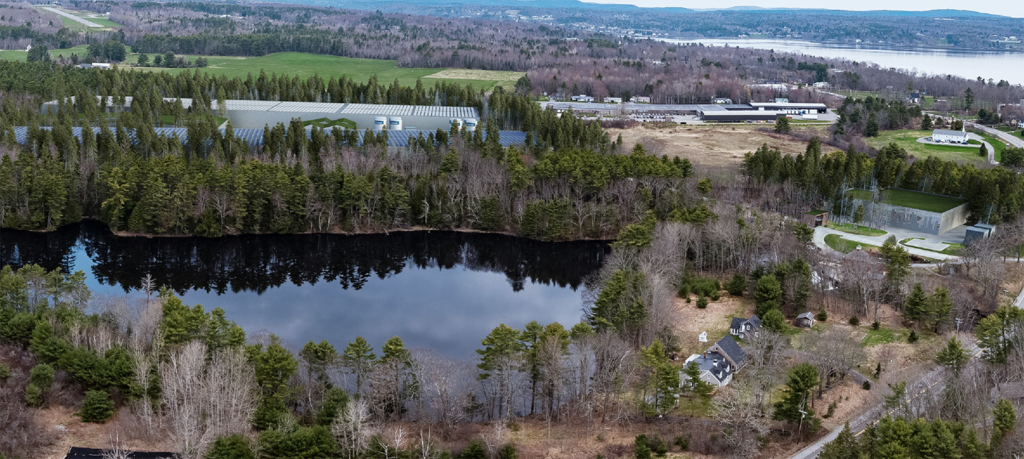
Responsibility
In search of social license, new land-based aquaculture ventures confront a familiar foe: NIMBY
Recirculating aquaculture systems in theory solve many environmental impact issues, yet they're not immune to NIMBY (not in my backyard).
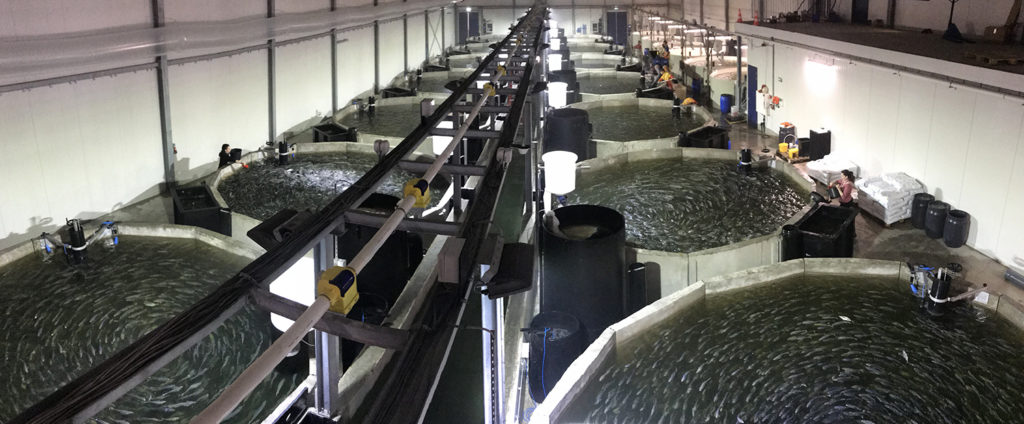
Innovation & Investment
Is RAS the game-changer that Europe’s aquaculture sector needs?
The impact that recirculating aquaculture systems, or RAS, will have on European production remains to be seen, but the general vibe is positive.
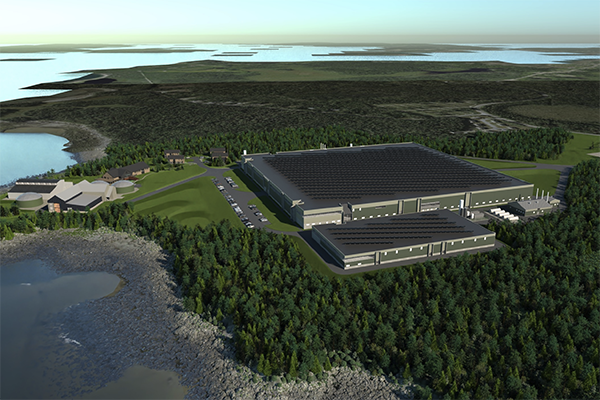
Intelligence
Kingfish Maine wins crucial vote as town rejects aquaculture moratorium
Kingfish Maine has received the Jonesport community support it needed to proceed with its application for a land-based aquaculture facility.
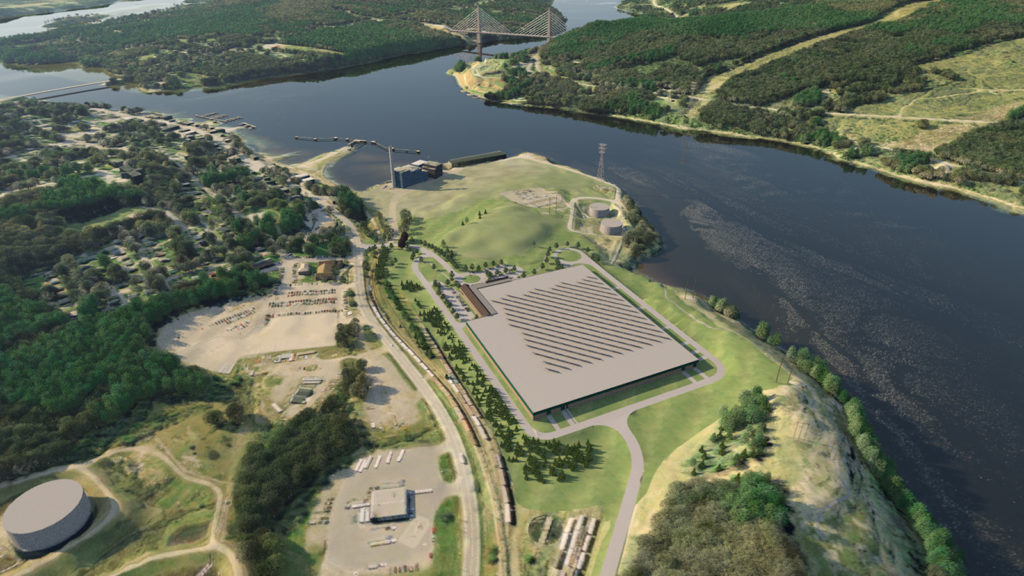
Intelligence
Location matters most for newest Maine RAS venture
A leader at one of the new Maine RAS ventures talks ambitions for his group and the growing land-based aquaculture industry, with his home state at the epicenter of North American operations.



